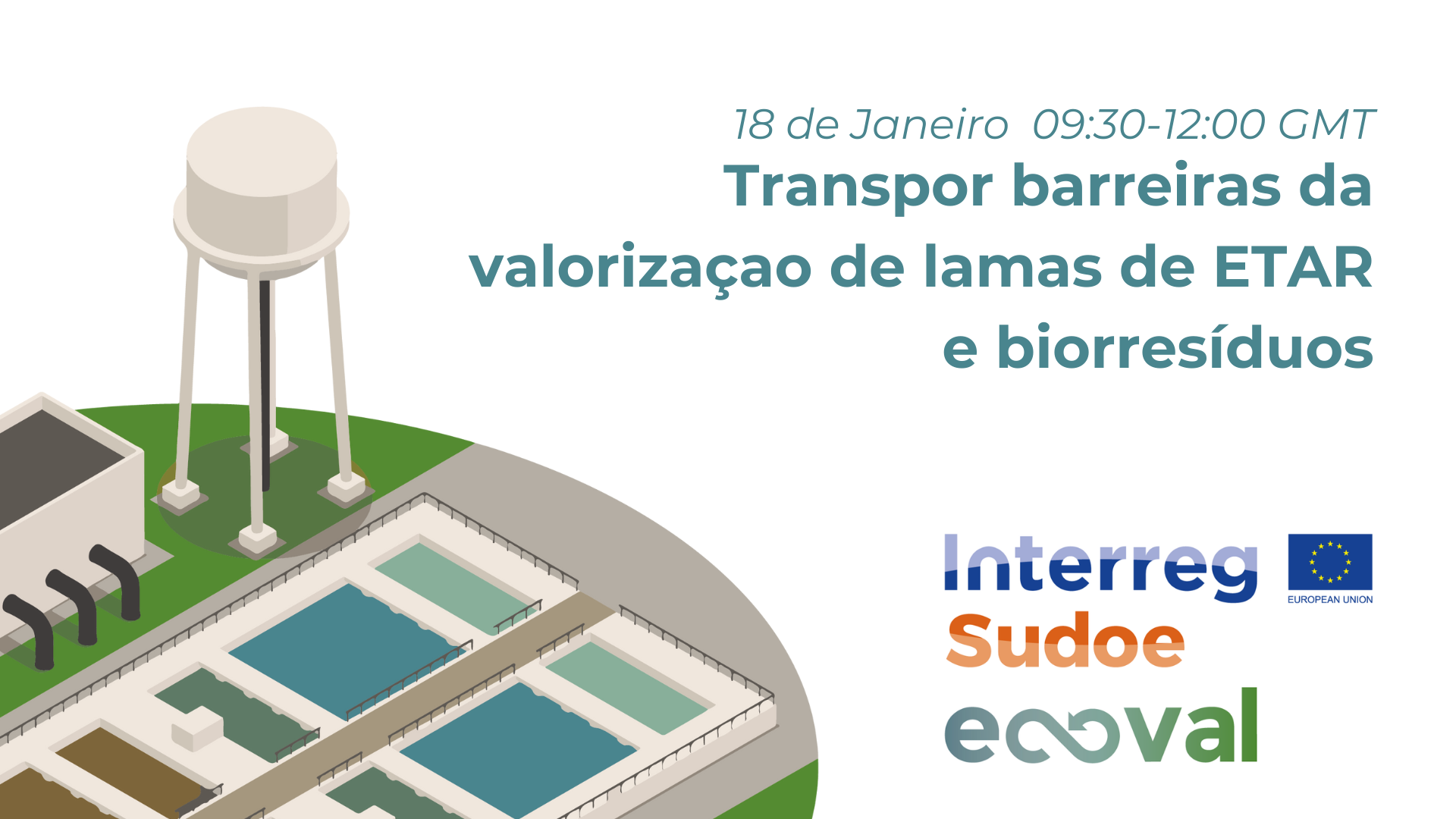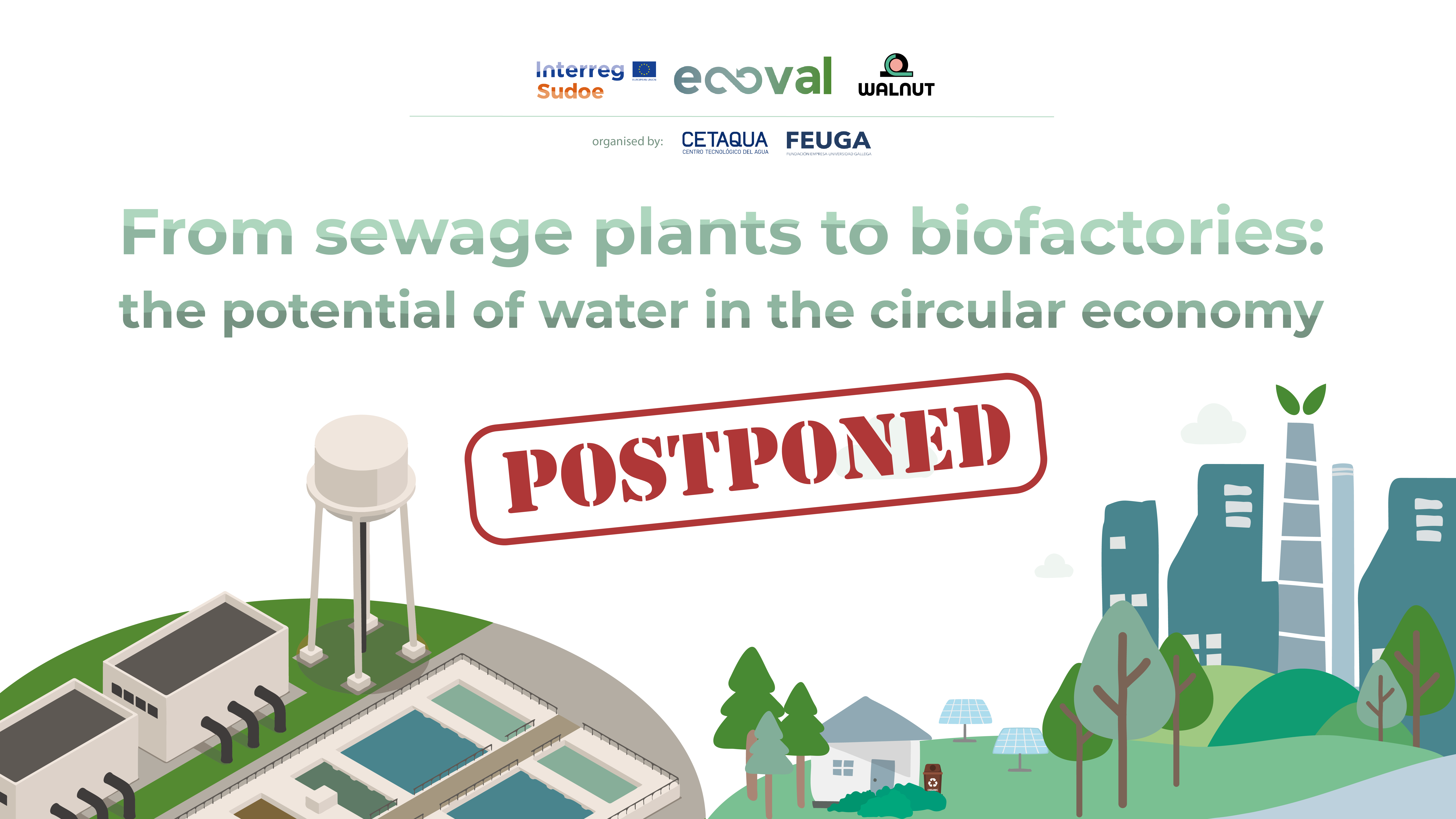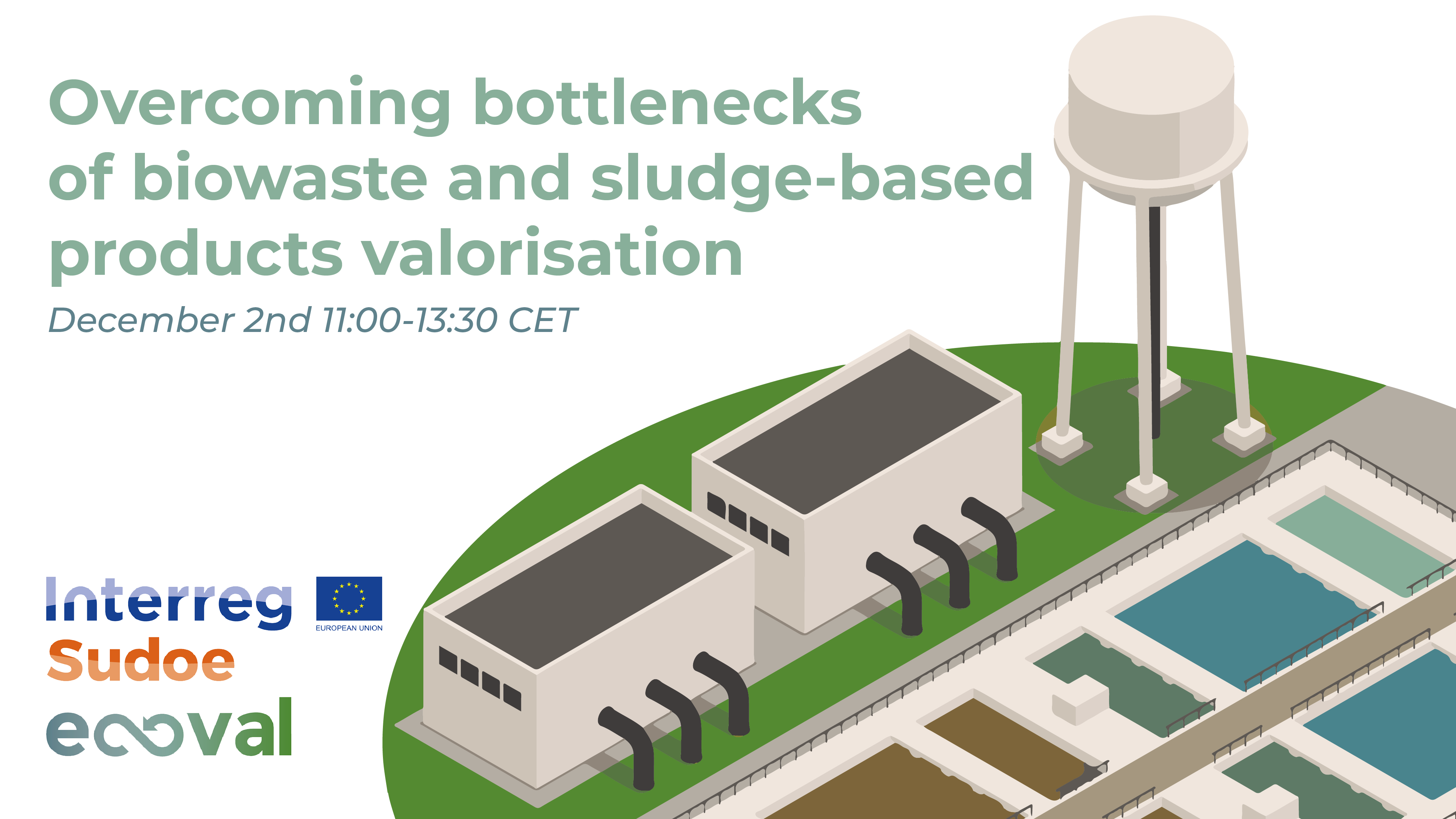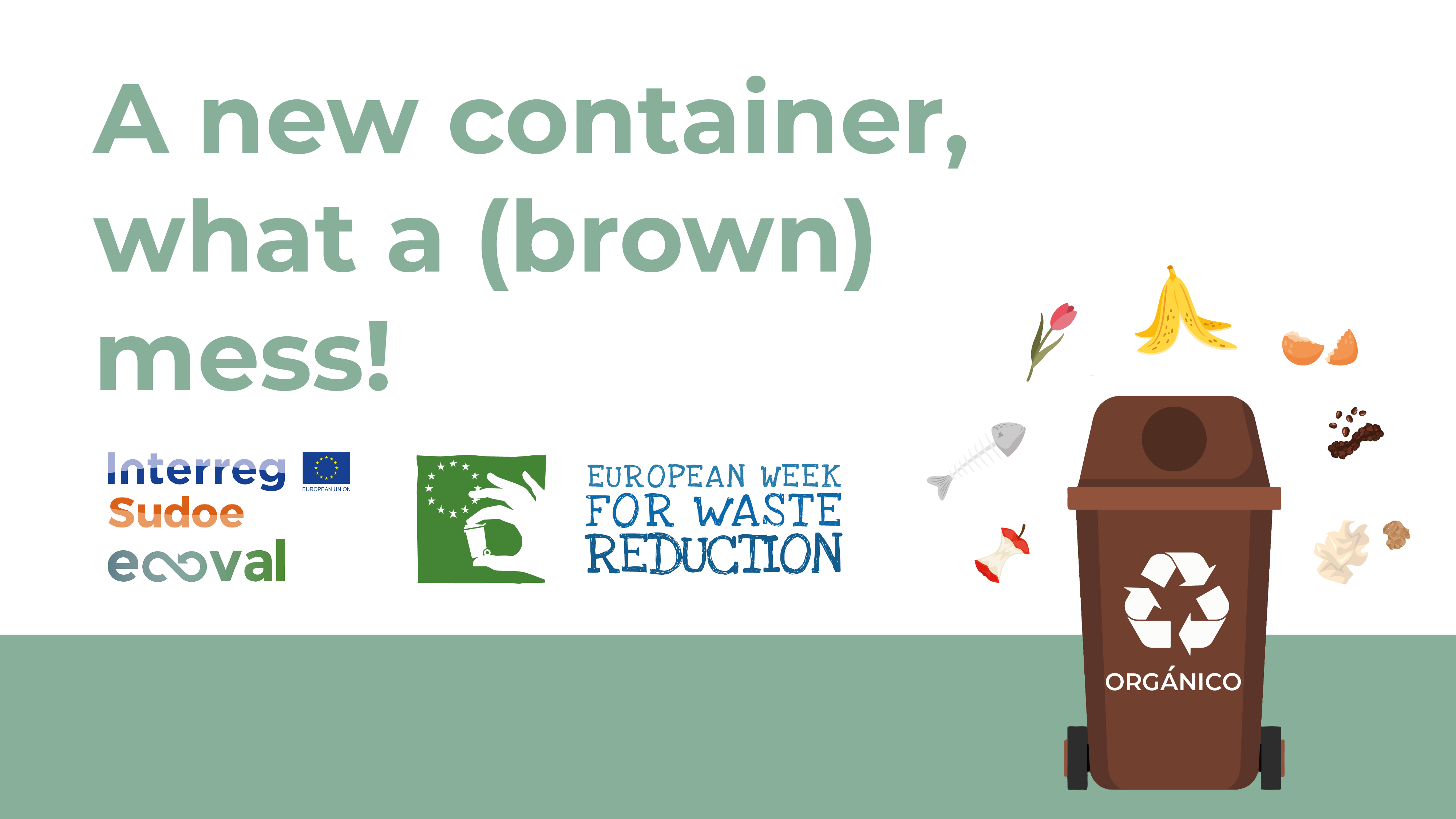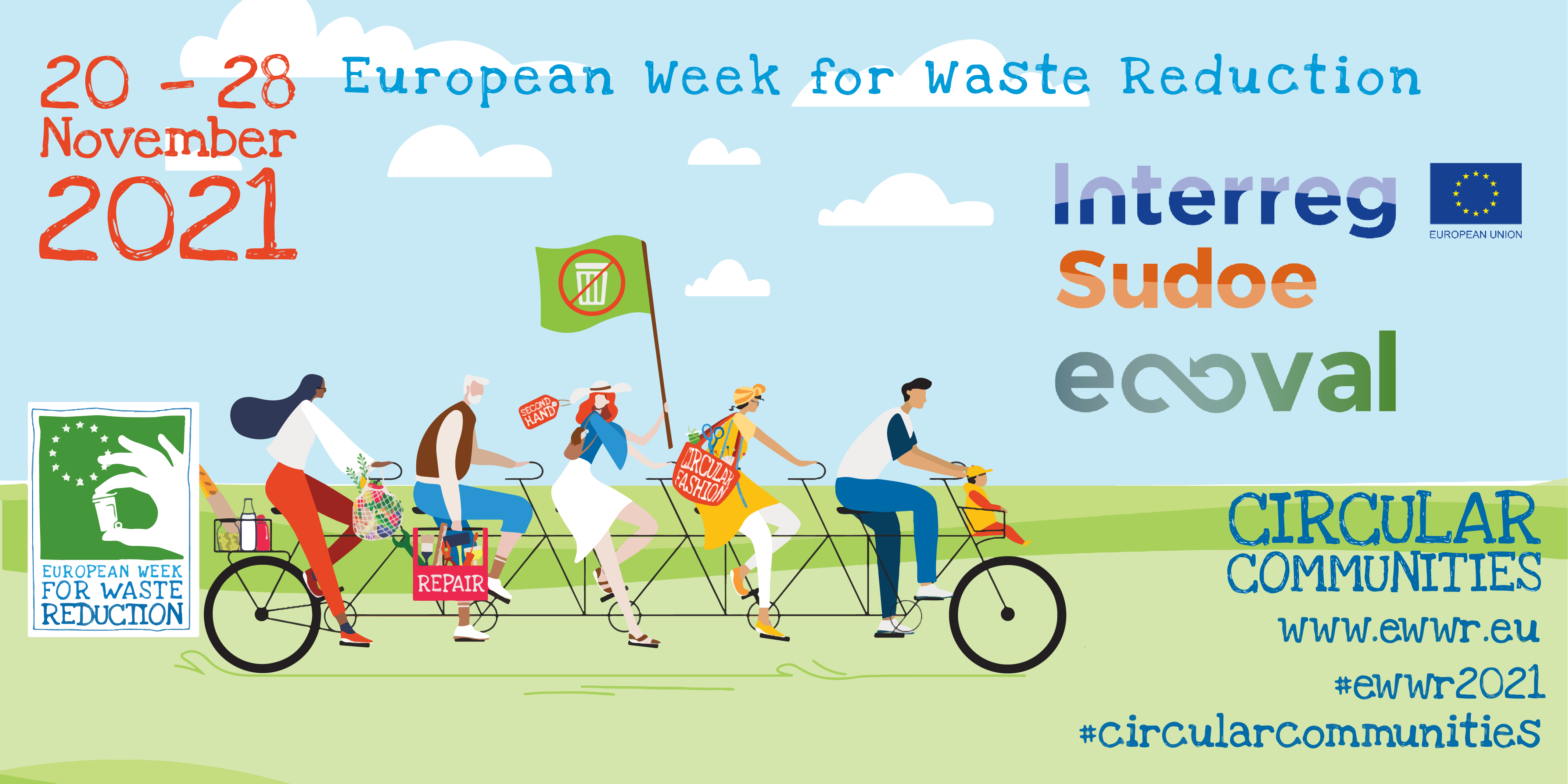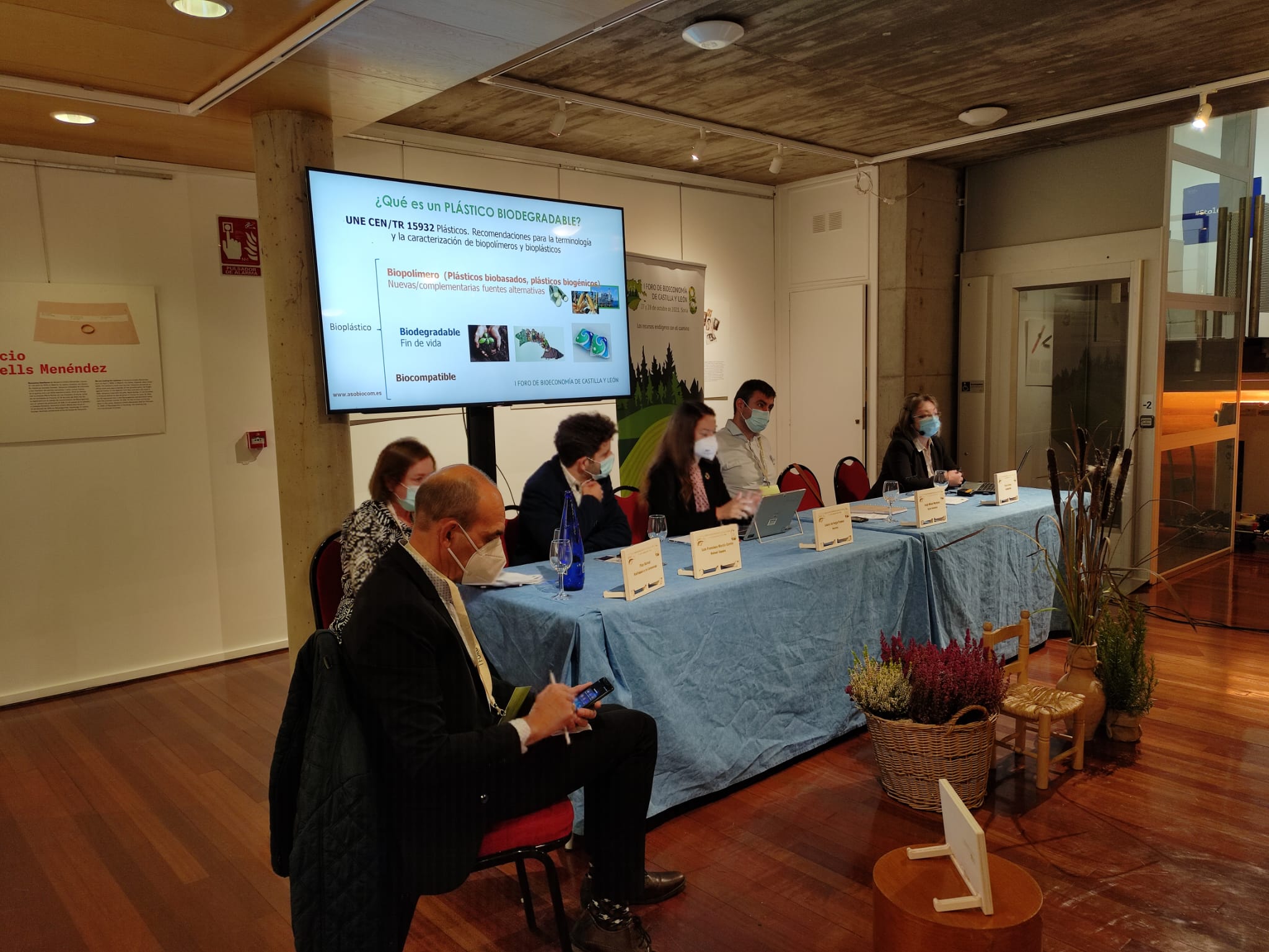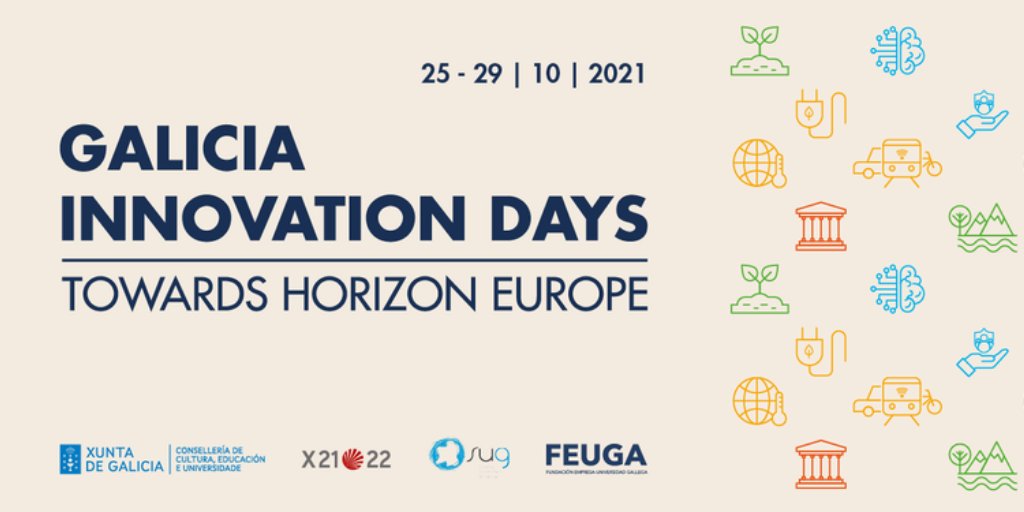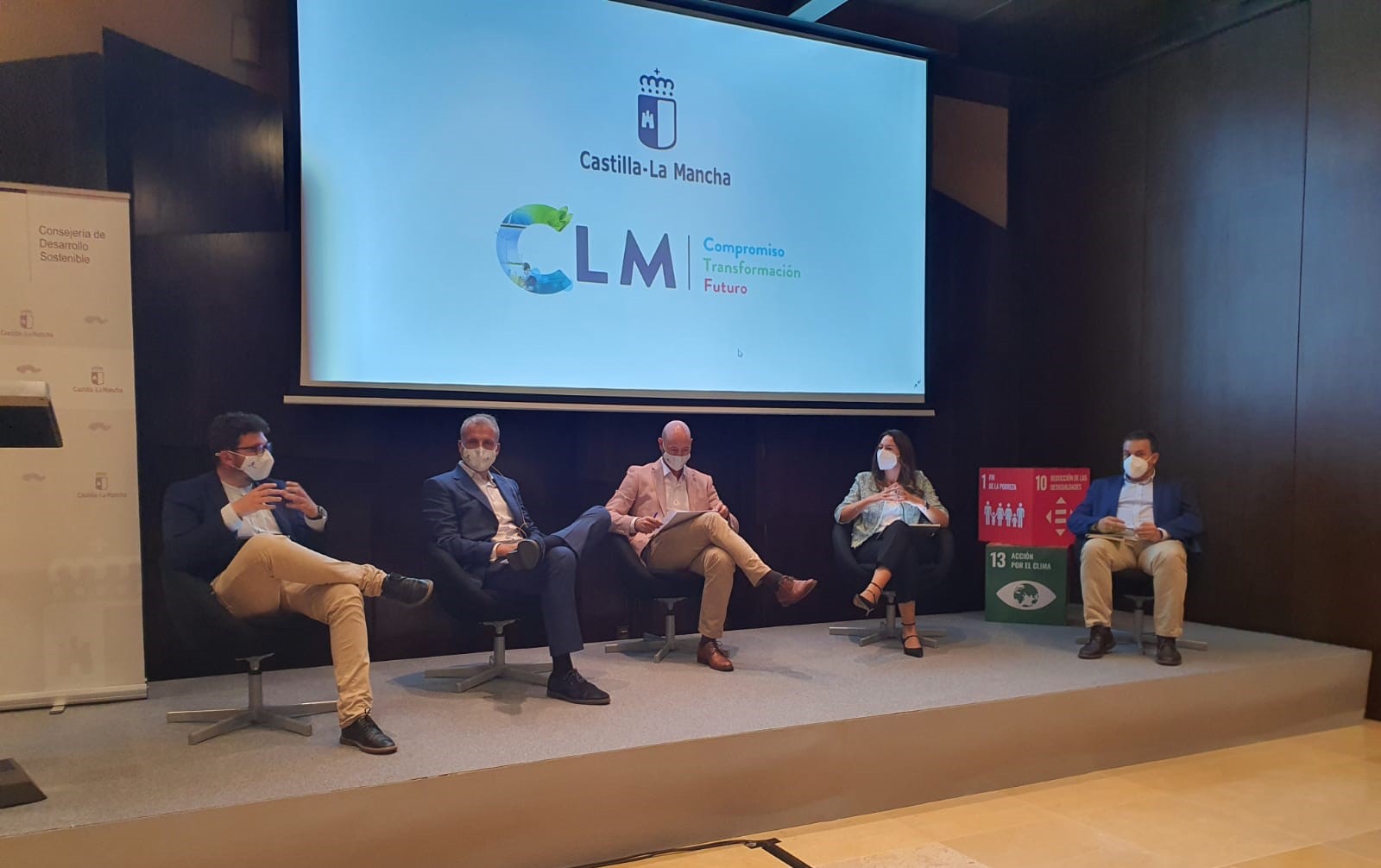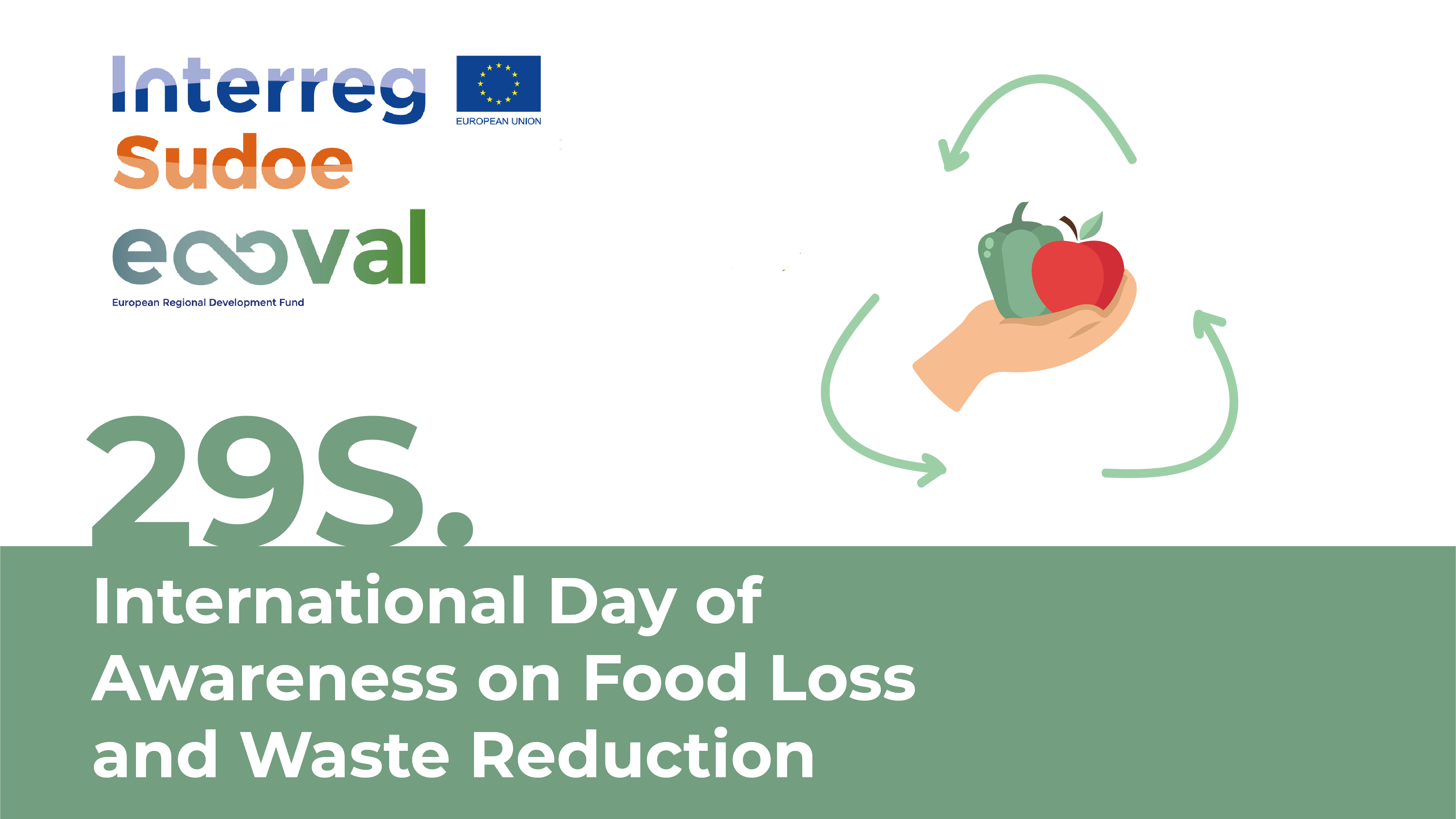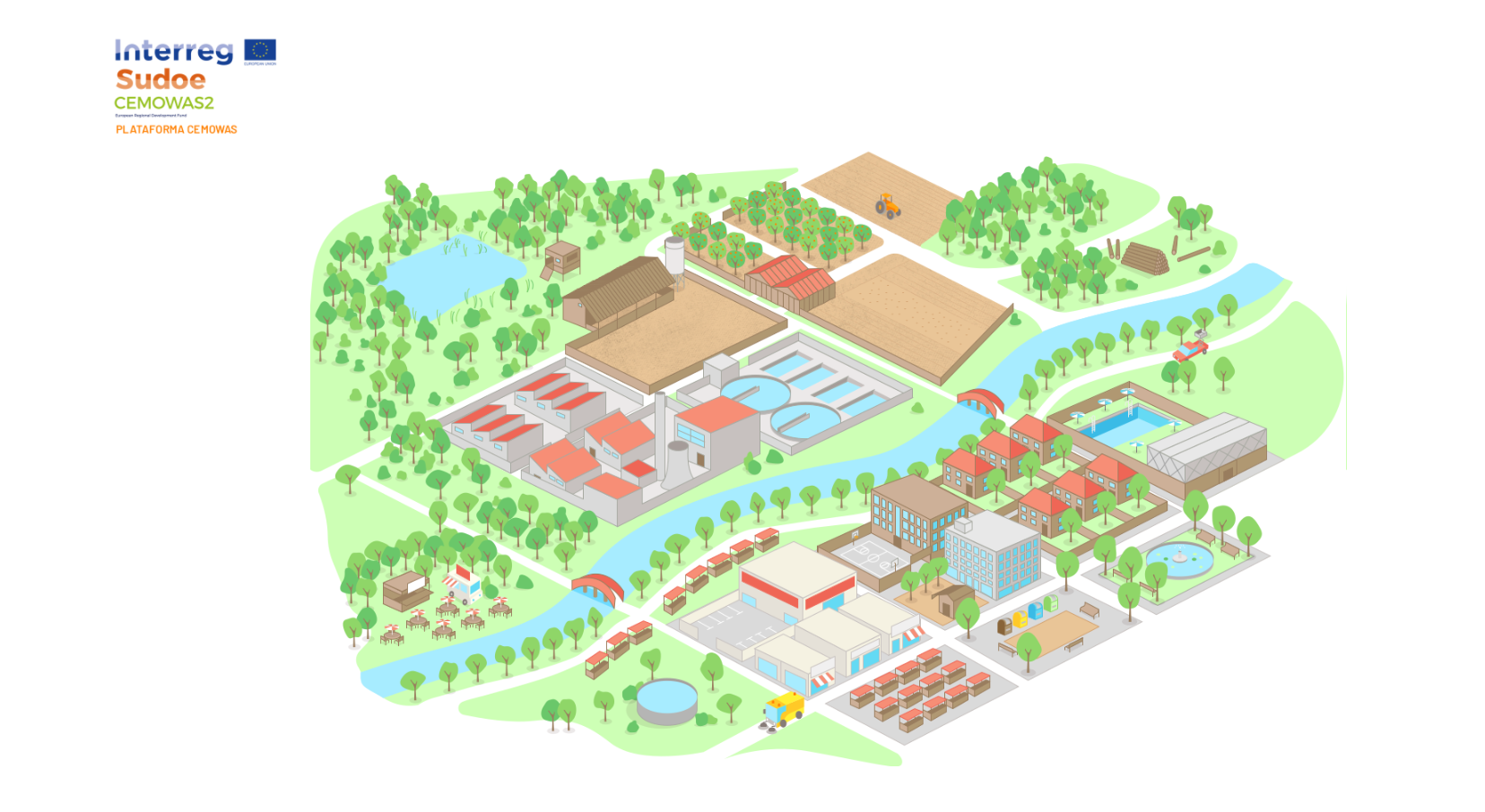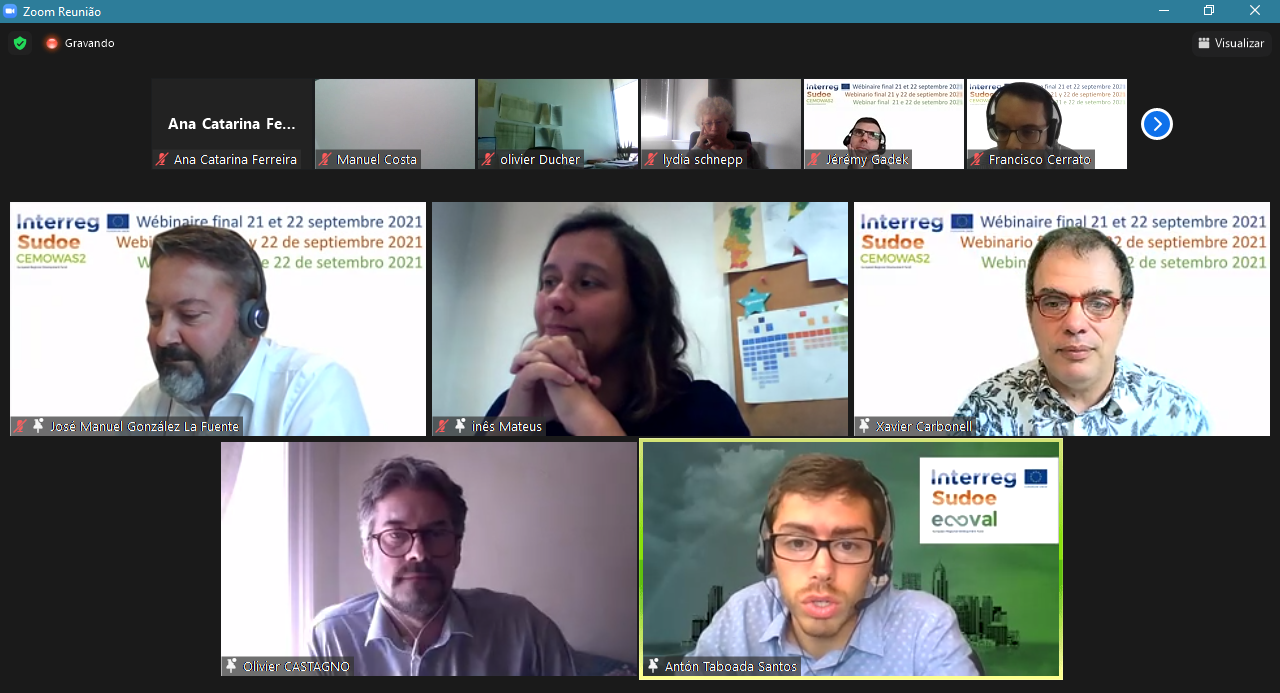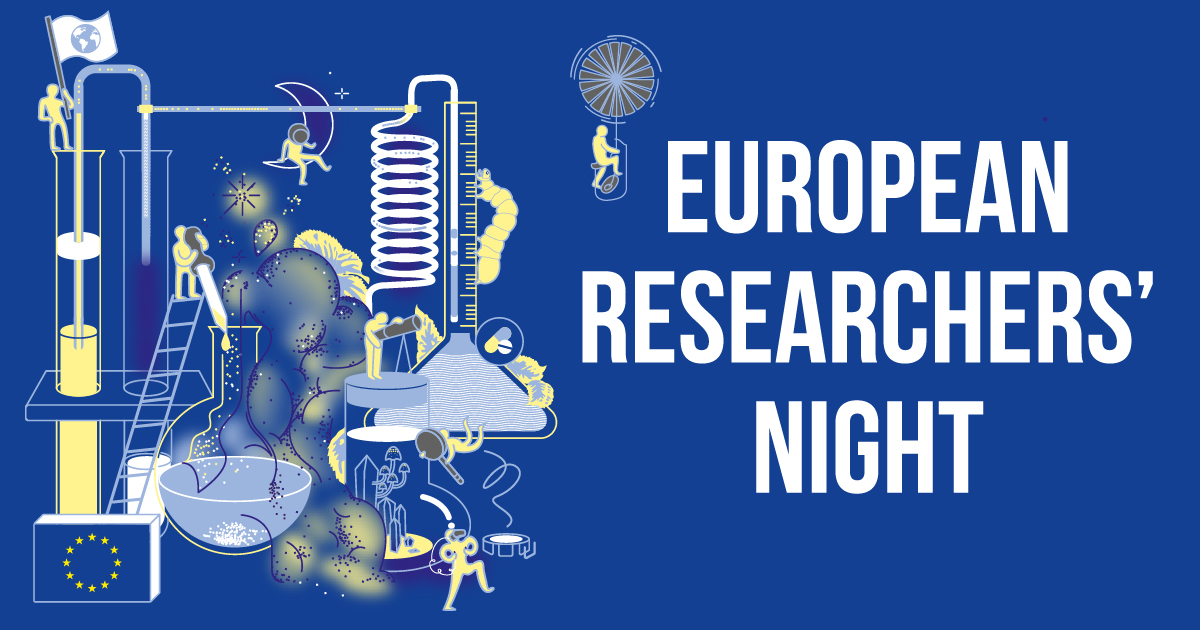The Ecoval Sudoe project is a shift in paradigm: from wastewater treatment plants to biofactories. A change of model, from linear to circular, and a change of concept: waste for resources. However, the testing of new technologies for the recovery of resources classified as waste up to now is not enough in itself. Innovation needs to go hand in hand with the acceptance of the business model. To this end, the project is organising a series of workshops in which different specialists answer the question: how can we overcome the barriers in the recovery of bio-waste and WWTP sludge?
The workshop held on January 18, the second in the project, was attended by 16 specialists from the Sudoe Region (Portugal, Spain and France), from sanitation and waste management entities, research centres, environmental authorities, legal consultants and sectoral associations. This event was organised by Águas do Tejo Atlântico with the collaboration of CETAQUA, Porto Ambiente, NEREUS, FEUGA and the Foundation for the Natural Heritage of Castile and Leon.
After the presentation of the project, experts from the three countries shared their experiences on the management of WWTP sludge and bio-waste, the use of value-added products (volatile fatty acids, for example) and waste declassification mechanisms. Forums were then created for each country, where the specific requirements of each Member State were addressed.
The session ended with an analysis of potential synergies in the Sudoe region and the presentation of the main conclusions of the first workshop.
The main barriers identified by the experts include:
– A lack of end-of-waste status criteria for volatile fatty acids produced from WWTP sludge and bio-waste.
– Complicated and time-consuming end-of-waste status processing.
– The absence of a common legal framework for all the Member States undermines the creation of an EU internal market.
– Difficulties in guaranteeing the quality of municipal biological waste from selective collection.
Would you like to join our debate?To subscribe to our newsletter?

